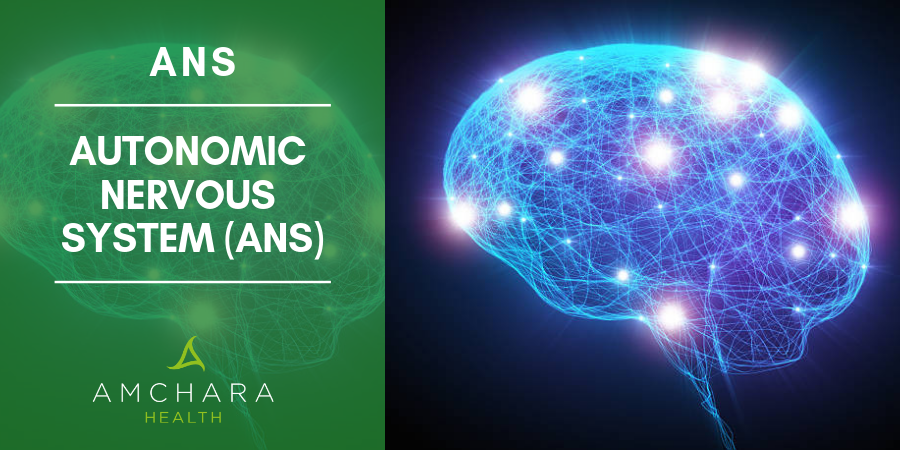How did you feel before your driving test?
The sensation before an exam or interview?
Now think back to how your body responded to this stressful moment.
Did your heart rate increase and your breathing become heavier?
Did you start to sweat profusely?
Well, this what is known as the Autonomic Nervous System (ANS).
So what is the Autonomic Nervous System (ANS)?
Some would say that it is the interface between the mind and body.
It is the peripheral nervous system that influences the purpose of internal organs that we are often unaware of because it functions involuntarily.
ANS enables the body to respond to stress and after, return the body to rest and recovery mode. Overall it harmonises the functioning of our internal organs.
But how?
Well the Autonomic nervous system is made up of two divisions; the sympathetic nervous system and the parasympathetic nervous system.
These two systems exist as a yin-yang relationship. As one is up, the other is down.
The sympathetic nervous system is responsible for your bodies ‘flight or fight’ reaction.
Imagine if you were to come across a wild bear in the woods.
Would you run for your life or would you stay and fight?
This is known as the fight-flight response, also referred to as the Limbic system.
During this situation stress response hormones are released to enable your body to be at optimal physical performance levels.
This causes the body to release stored energy, to adapt to the situation accordingly.
In the short-term your eyes would widen, your senses become much more acute and you would have an increase in your muscular strength.
Therefore, if you chose to either run for your life or stay and fight, then your body will work harder and adapt to the situation, compared to a normal situation.
The parasympathetic system is responsible for the resting and recuperation aspect of your body.
The key of this part of the ANS is to conserve your energy, allowing the heart rate to slow and blood pressure to decrease.
Therefore, after running away from the wild bear your body will go into repair mode to recover from this powerful stress experience.
A lot of this repair and recuperation occurs during our sleep, good rest is very important to good health.
The challenge for many of us today is due to our Western lifestyle we are being drip-fed this stress response all of the time.
This is due to many factors including; eating sugary foods, drinking coffee, lack of sleep, working long hours, eating in a rush and also poor breathing patterns.
Symptoms such as loss of libido, fatigue and exhaustion are often linked to adrenal fatigue or stress.
So, how can you check your ANS system?
Well one way is with emerging and increasing popular technology called Heart Rate Variability (HRV)
This tool can measure you ANS and help to understand how well or not your ANS is performing and what the consequential health outcomes might be.
The good news for you is that from next month we are bringing HRV measurement into our health retreats as a complimentary part of your health retreat experience.
Our naturopaths will measure your HRV at the beginning of your retreat and at the end of your retreat.
Our systems also measure your biological age and you will in all likelihood see an improvement in your biological age during your retreat.
Not only can this give you excellent health data but during your week we can also show you specific ways of improving your ANS and reducing stress with mini, portable devices and by teaching you breathing techniques and patterns.
Finally you can also take an optional adrenal stress test that measures key adrenalin hormones in your system and how elevated or not they are.
Next week we will write more about the hormones cortisol and DHEA.
Changing the balance of these hormones in your body can help you to reduce stress and to improve longevity.
We will also give you tips as to how you can improve these yourself.
In best health
Amchara
READ NEXT:





